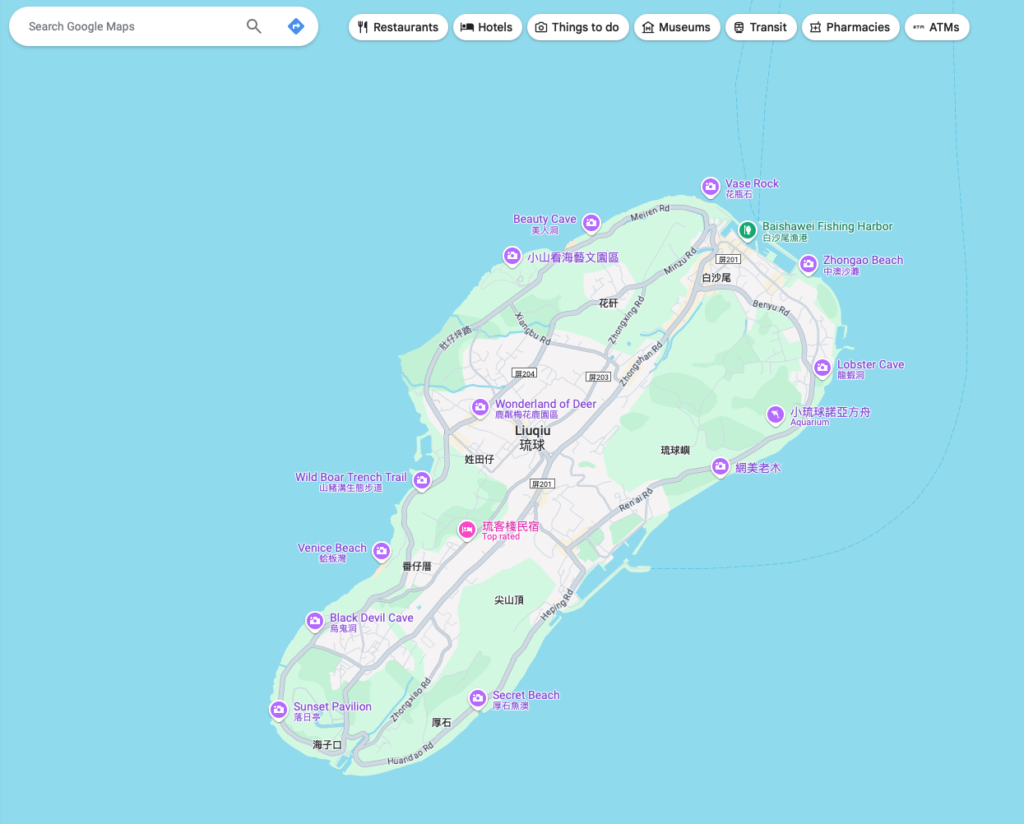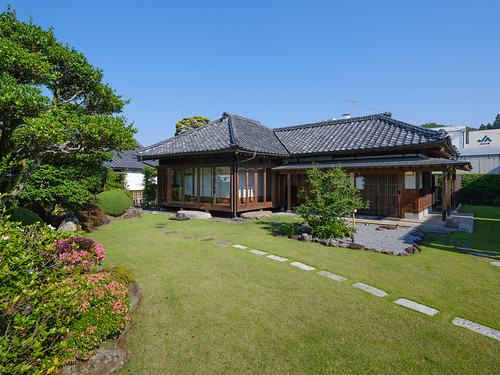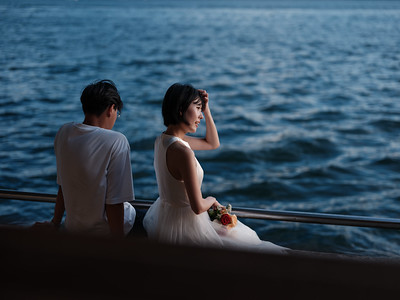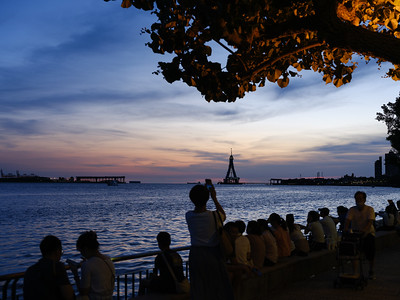Scuba diving in Liuchiu
We are about to discuss a small tropical island located south of Taiwan, a few kilometers off Kaohsiung. Perhaps the most challenging aspect of this island is its name. I have selected a simplified romanization, “Liuchiu,” which is occasionally used on the island itself and can be read and pronounced relatively accurately. While Taiwanese names often pose difficulties for non-Mandarin speakers, this one likely ranks among the top ten in terms of complexity.

How do you call it ?
The official name of the island is 琉球 (or Liúqiú in pinyin). Taiwanese call it 小琉球 or Xiǎo Liúqiú, 小 meaning little. Liuchiu itself refers to the Japanese Ryukyu islands, which is Okinawa. So, Liuchiu could refer to some kind of “little Okinawa”. The origin of the name is old, complex… and the naming itself is rather hard for non-locals. You’ll find it written Liuchiu, Liuqui, Little Liuchiu, Little Liuqui, Xiao Liuqui or Hsiao Liuqui… or Lambay island on some maps, a name given by western navigators a few centuries ago and thought to be some oral transcription of the island’s aboriginal name. What a mess !

Getting there from Taipei
Accessing the island is not straightforward. From Taipei, you must board the HSR (high-speed train) to Zuoying Station in Kaohsiung, which costs 1530 NT$ with a reserved seat. The most convenient option from there is to take a taxi to Donggang Harbor, roughly an hour’s journey at approximately 1000 NT$. In Donggang, you will then board a ferry that will deliver you to Liuchiu Baishawei Harbor in approximately 30 minutes, depending on the sea conditions. The ferry ride costs around 450 NT$.

Riding, sleeping in Liuchiu
Once on the island, taxis and Uber are nonexistent. You will need to adopt the local custom of renting a scooter. If you possess a driving license authorizing you to operate 125cc motorcycles, be sure to bring it or an international driving license certifying your ability to drive such vehicles. If you lack such a license, you can still rent electric “bicycles,” which are convenient but relatively underpowered and slow. Most scooter rental shops are located near Baisha Harbor. It is advisable to reserve your scooter before arriving on the island to ensure availability, particularly during peak season.
Regarding accommodations, you won’t find large hotels on Liuchiu. Instead, you will need to book a room in one of the numerous small hotels or bed and breakfasts on the island. We have tried several, and we were consistently satisfied. Although the rooms are often small, they are clean and comfortable. Last summer, we stayed at Tropical Island Homestay, which was compact but quite pleasant, and the owner was charming. Another option is to choose a diving club that also offers accommodations. An increasing number of clubs provide this service, which can be very convenient.
The primary challenge you may encounter on Liuchiu is the language barrier. Many shop owners, including those involved in scooter rentals, hotels, and other businesses, do not speak English or only speak a little, making it difficult to negotiate deals in such circumstances. If you are not fluent in Mandarin, and even locals on Liuchiu often use a different dialect, I recommend seeking assistance from your diving club. The island is relatively small, and most business owners are acquainted with each other. Enlisting the help of your diving club for these arrangements will be much faster and easier. This is the approach we have taken on previous trips. We simply trust them, and we have never been disappointed.This, I believe, is a hallmark of Taiwanese culture: people may appear somewhat rough around the edges, but they are genuinely helpful, kind, and honest.

Liuchiu underwater: pristine and colourful
Rent you bike, drop your bags in your room… and run to your diving club ! Liuchiu is a true diving heaven. The island has the largest coral reef in Taiwan. Its waters never go below 25°C all year round, meaning that you can dive there with a thin wetsuit (or none at all) even in winter.

And you don’t have to swin very far to be amazed: hundreds of tropical fish, nudibranchs, octopuses, urchins, colorful corals… and sea turtles are everywhere.

These green sea turtles are protected. Touching them is prohibited, which is sometimes difficult since they are not afraid of humans anymore and may come and swin, sleep or eat right next to you. The island provides many easy dive sites that will fill your eyes with colorful memories.

And if you are a bit more advanced, there a a few deeper dives opportunities, on shipwrecks or on an artificial reef that will take you 30m deep (or more if you have the proper certifications).

Which diving club ?
Selecting a dive center on Liuchiu can be a daunting task due to the abundance of options. Personally, I highly recommend a small dive center called Action Diving (formerly known as Suiila). The people there seem to have more seawater in their veins than blood. They are dedicated locals, true ocean enthusiasts, and they possess an intimate knowledge of the island. Above all, they are genuinely kind-hearted individuals who are always willing to assist in any way possible. While the building itself may not be particularly glamorous, the experience is always exceptional, and my daughters and I immediately feel at home whenever we return. Simply visit Action Diving and trust the staff, and you won’t be disappointed.
And one of their standout guides, or instructors if you require a PADI certification, is Peggy. She is a passionate animal lover, both on land and sea, and I can’t fathom the number of cats and dogs she has rescued and cared for. This stunning young woman is also a professional underwater photographer and a Canon Taiwan ambassador. The accompanying image is from her Instagram account. I encourage you to explore her other photographs and consider following her remarkable work. If you have the opportunity, request a couple of dives with her as your guide. You won’t be disappointed; she is simply extraordinary!
What do do between two dives ?
Big question: what shall you do when you don’t dive ? Well, Liuchiu has a lot to offer. The island has a lot of temples, really a lot for such a small island.

And as a tropical island, this little island also boasts several beautiful beaches. You can savor the breathtaking views, the crystal-clear water, and the vibrant marine life. My personal favorites include Beauty Beach and Venice Beach. Beauty Beach is truly stunning. If you venture a little further, you’ll discover shaded areas beneath the rocks and a refreshing stream of cold freshwater flowing from a nearby cave.

The second beach is Venice Beach, located slightly further south on the west coast of the island. This beach is also captivating. From afar, it may resemble a sandy beach, but the apparent sand is actually crushed coral, which creates a stunning and unique landscape. The beach is teeming with hermit crabs but can be challenging to navigate if you plan to walk extensively. Before enjoying most of these beaches, it’s important to note that Liuchiu is a coral reef island, and the beaches may have rocky areas. It’s advisable to bring beach shoes as a precaution.

A dark side, and reasons to hope for the best
But everything is not perfect though… While Liuchiu is a tourism-dependent destination, it surprisingly faces a significant cleanliness problem. This is particularly evident after powerful typhoons, when large amounts of garbage and debris from the main island wash ashore on Liuchiu’s beaches. While this is understandable, it’s worth noting that this was not my first visit, and cleanliness has always been a recurring issue. There are too many plastic bottles discarded indiscriminately, too many lunch boxes simply dumped along the roads and left unattended for days. While tourists are primarily responsible for this pollution, the island’s response to the problem is clearly inadequate.

Despite the obvious cleanliness issue, Liuchiu has implemented several innovative initiatives to address these problems.One of the most notable initiatives focuses on tackling the PET bottle problem. I have never encountered such a program elsewhere. You can borrow a thermos mug for free from the local Seven Eleven. Simply download an app on your smartphone (which takes a matter of seconds), take the bottle, use it during your stay on Liuchiu (there are numerous free water fountains available), and return it to the convenience store before leaving the island. This process is straightforward,convenient, and highly eco-friendly.
Therefore, while Liuchiu faces some cleanliness challenges, the island remains beautiful, and the numerous small initiatives will ultimately be successful in restoring the environment to its pristine condition. The young locals are genuinely eco-conscious and are making significant efforts to move things in the right direction.




Post Comment